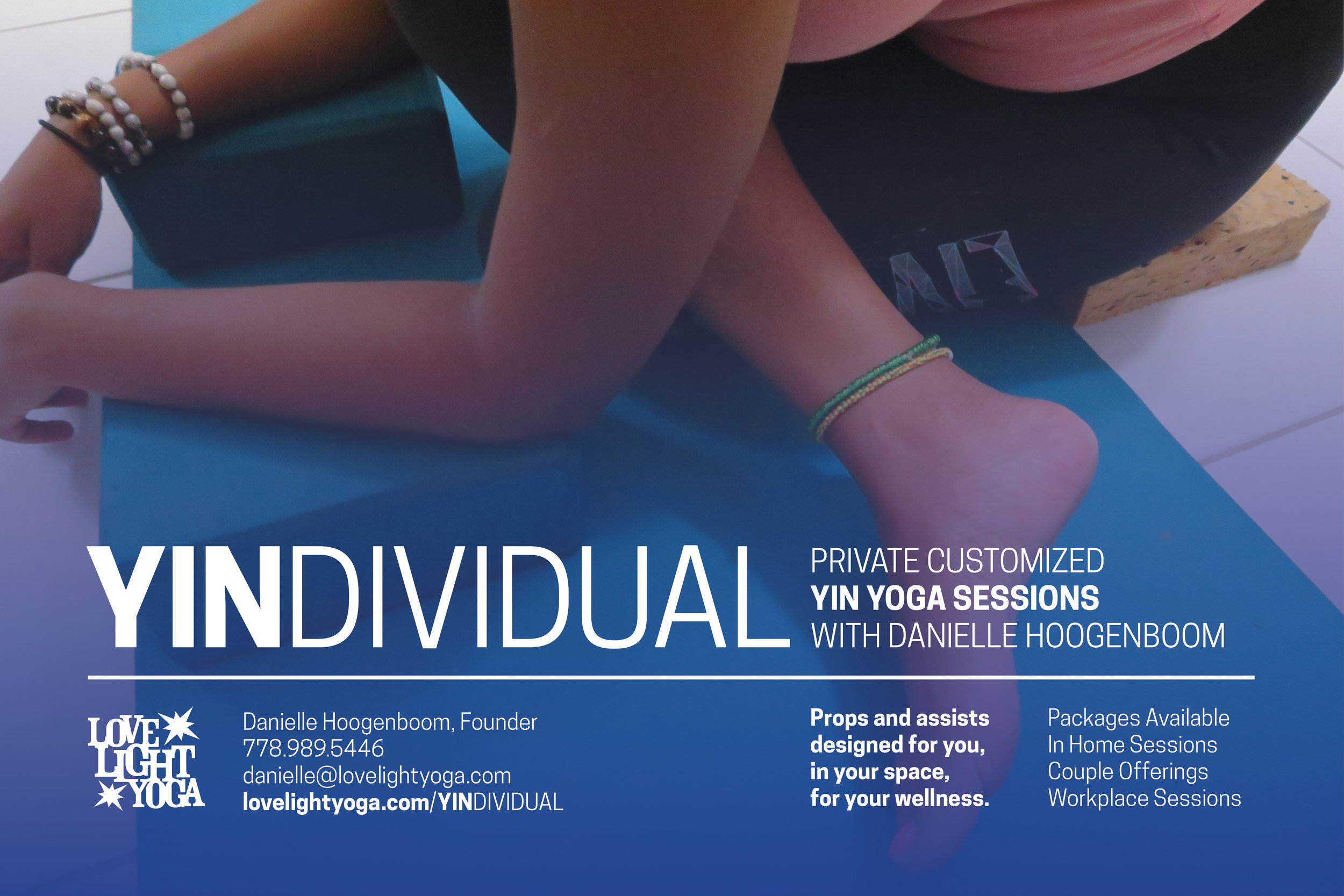Yin Immersion Special Guest: Hiroko Demichelis, RCC
/For our last day of the Fall Yin Immersion Series, we had a special guest join us: Hiroko Demichelis, RCC (Registered Clinical Counsellor)! She is also a certified expert in the use of neurofeedback and biofeedback through the BCIA. The intent of her clinic, Vancouver Brain Lab, is to integrate her interventions which are the most innovative techniques that can speed up and facilitate the healing process.
We asked Hiroko to tell us a little more about herself and what inspired her to get into this field.
I am a brain electrician, or a neuro-counsellor, or a tech-based positive psychologist. Let me explain you what that means.
In order to explain what it means to call myself a brain electrician, I shall give a little bit of personal history:
One day, my dad who is an extravagant, super smart guy, and also a world famous sports psychologist, told me something that made me very angry. He said: “Hiroko, emotions can be measured”. At that time, more than 15 years ago, this sounded outrageous to me, a romantic, passionate, Italian fashion lover. Emotions are volatile, and poetic, ethereal. Bliss is bliss, and anger is when you have to throw stuff at your boyfriend or scream at him.
Well, all of that, I discovered later, is measurable.
And so how can you measure emotions? I spent the past few years figuring out how. And I discovered some beautiful and interesting things. Let me tell you three of them:
- The brain is a beautiful organ. It is an electro-chemical organ, and with some sensors and a device called electroencephalograph (EEG), you can record its activity. Then, with some smart software, and running clever statistics, you can figure out many interesting things: you can tell if that person is focused, if she is angry, if she has been traumatized, if she can sleep well, if she is at ease or not.
- The body is a beautiful system. And again, with some other different sensors you can measure things like heart rate variability, breathing, muscle tension, temperature, peripheral sweat. And why would you want to do that? Because again that is valuable information of what the brain is communicating to the body. Is the brain scared, and therefore asking the body to get ready to fight, to fly or to freeze? Or is the brain blissful and calm, and it’s commanding the heart to slow down, the blood vessels to open up to receive good oxygenated blood, the muscles to flex and relax?
- All of this information can be added to the practice of what a counselor does. And I decided to do so. A counselor counsels, informs and guides. So how fantastic, precious and useful to inform your client about her own inner systems, and about how the brain communicates to the body, giving a “neuropsychophysiological” explanation of how we function and feel, and how mental states work.
I am so glad to say that my father was absolutely right, and now I know why.





